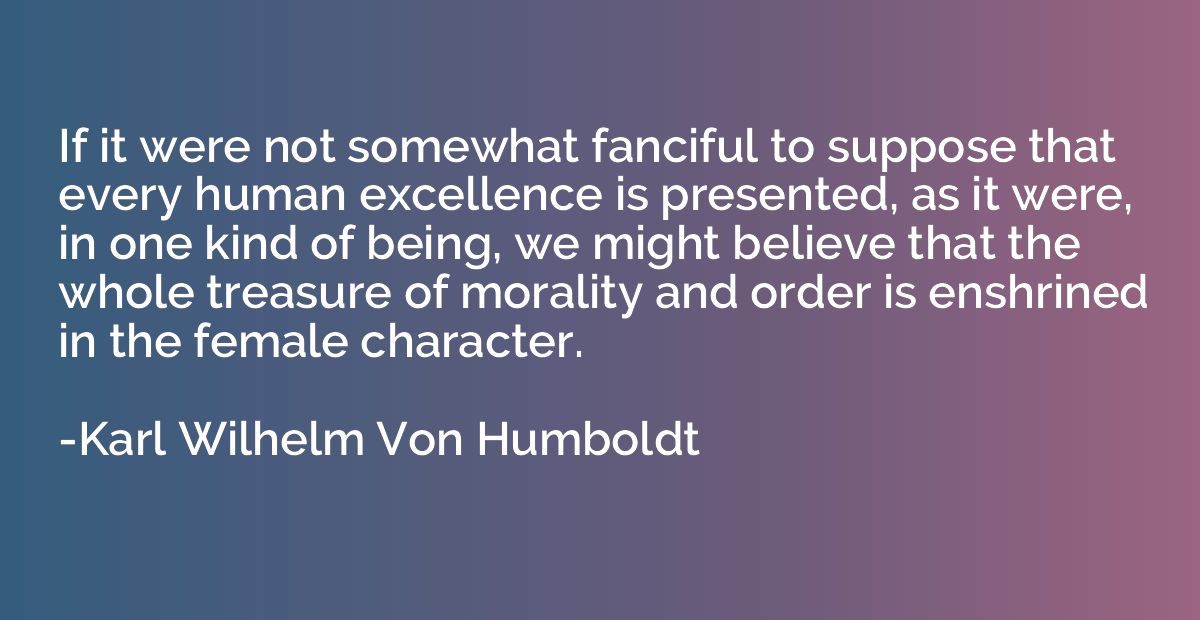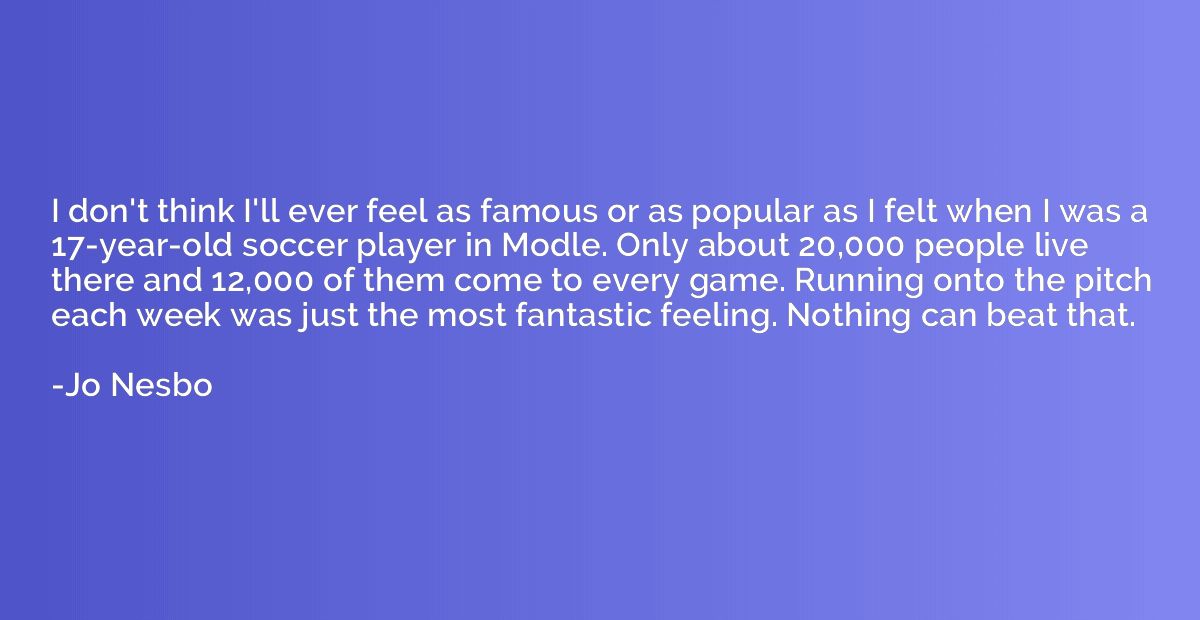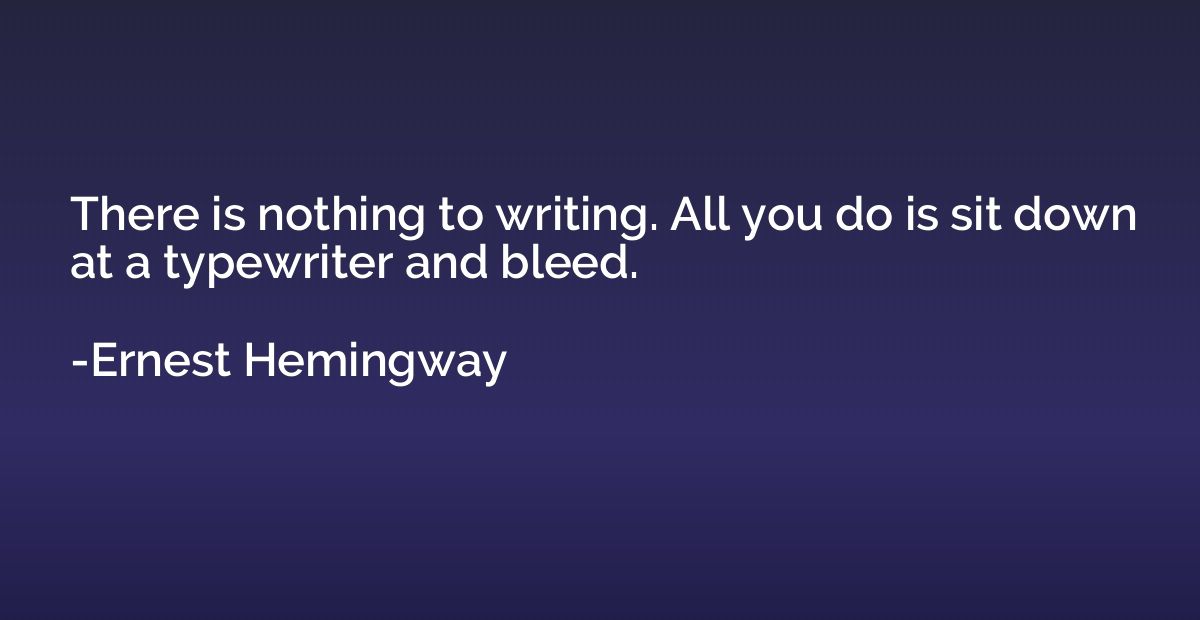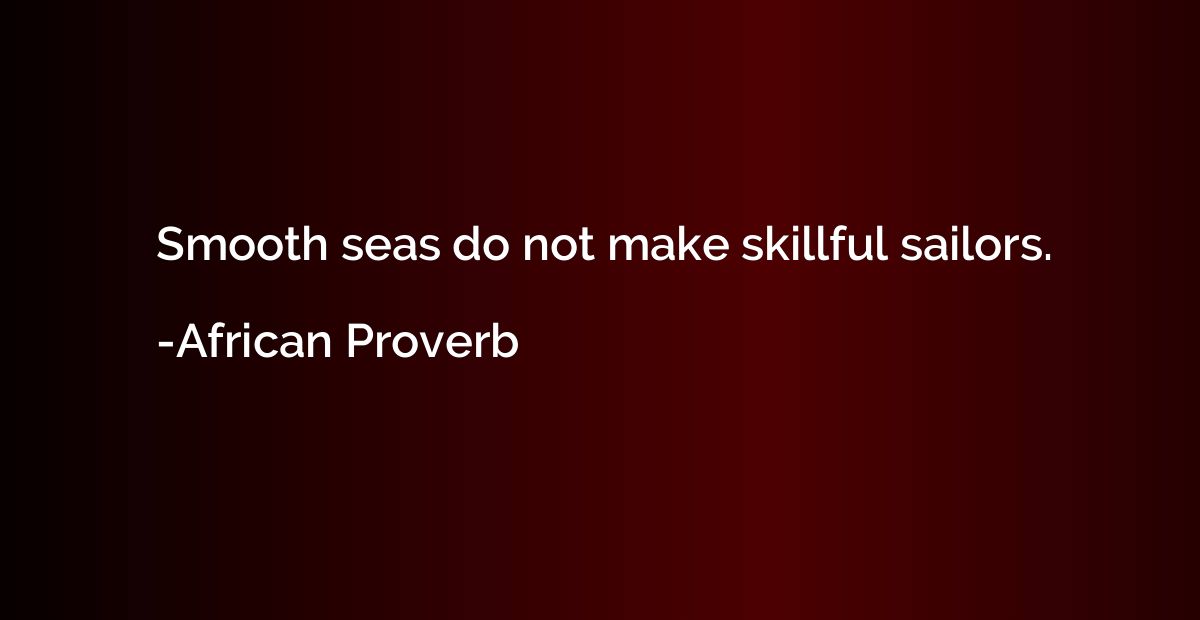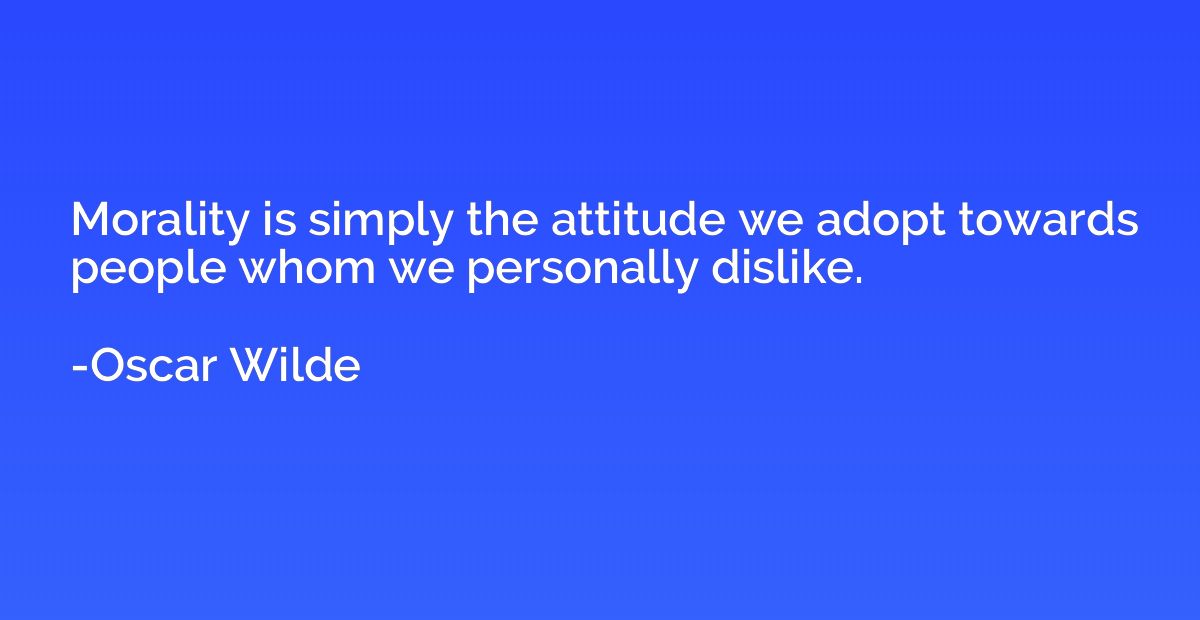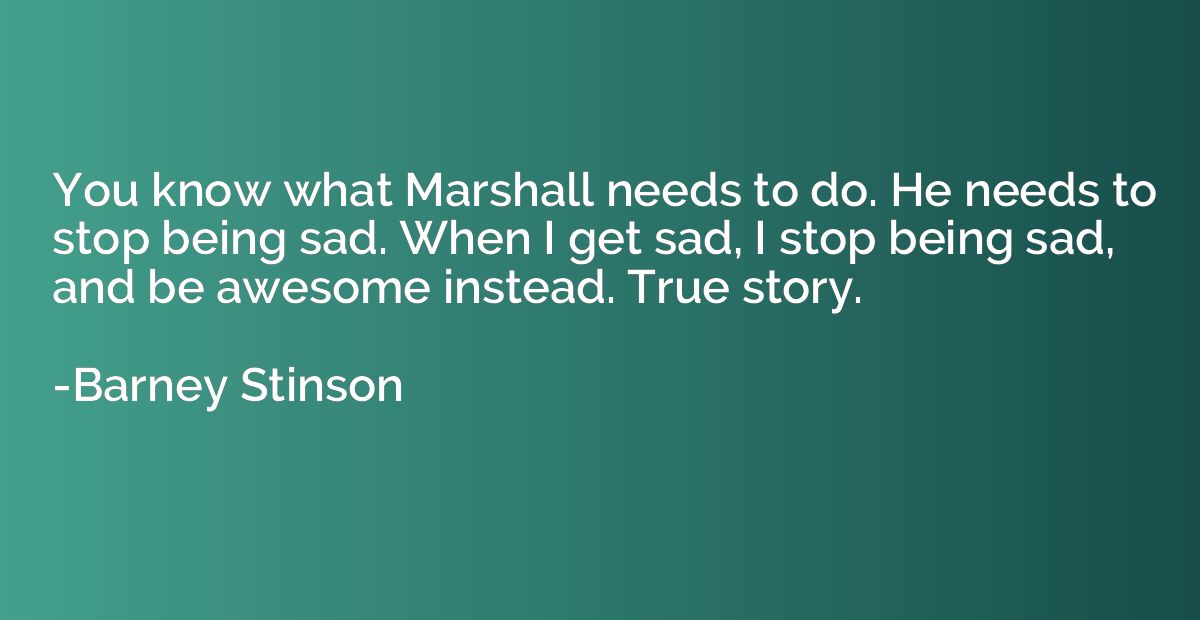Quote by Neil Postman
But in the end, science does not provide the answers most of us require. Its story of our origins and of our end is, to say the least, unsatisfactory. To the question, How did it all begin?, science answers, Probably by an accident. To the question, How will it all end?, science answers, Probably by an accident. And to many people, the accidental life is not worth living. Moreover, the science-god has no answer to the question, Why are we here? and, to the question, What moral instructions do you give us?, the science-god maintains silence.
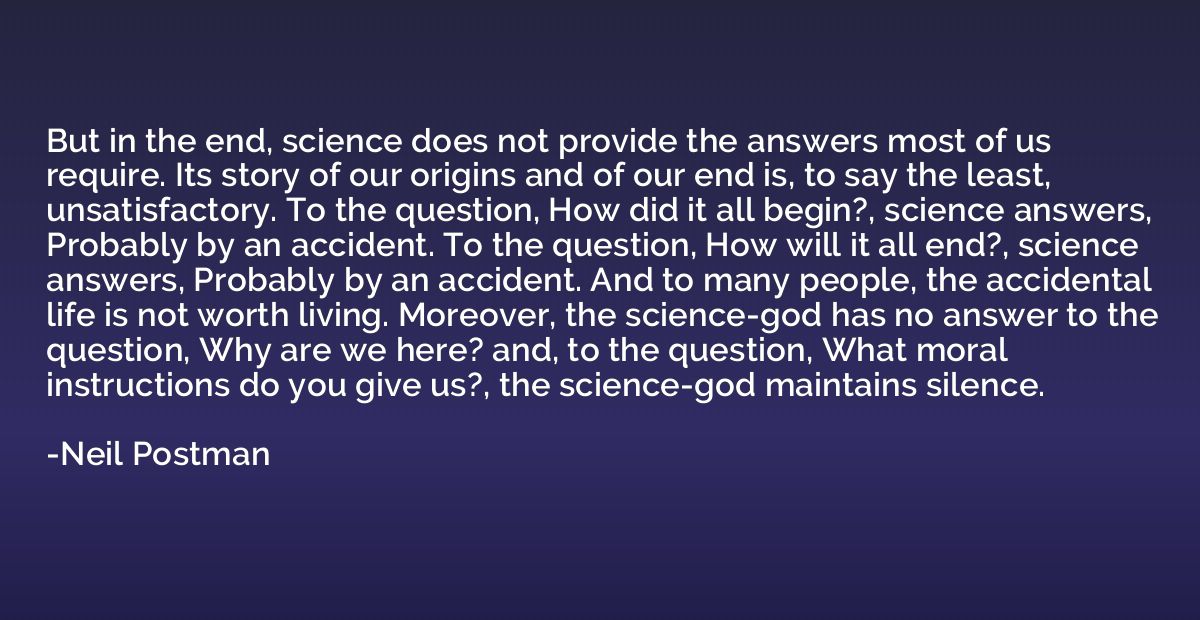
Summary
This quote suggests that while science can provide empirical explanations about the origins and ultimate fate of the universe, these explanations may not satisfy some individuals. Science suggests that the beginning of everything was likely accidental and that the end will also be accidental. This viewpoint can be disillusioning for those who find purpose and meaning in life. Furthermore, science cannot answer existential questions about why we exist and what moral guidelines should be followed. Thus, the quote implies that science, while valuable in many aspects, may leave certain unanswered questions and lack a comprehensive framework for understanding human existence and morality.
By Neil Postman



